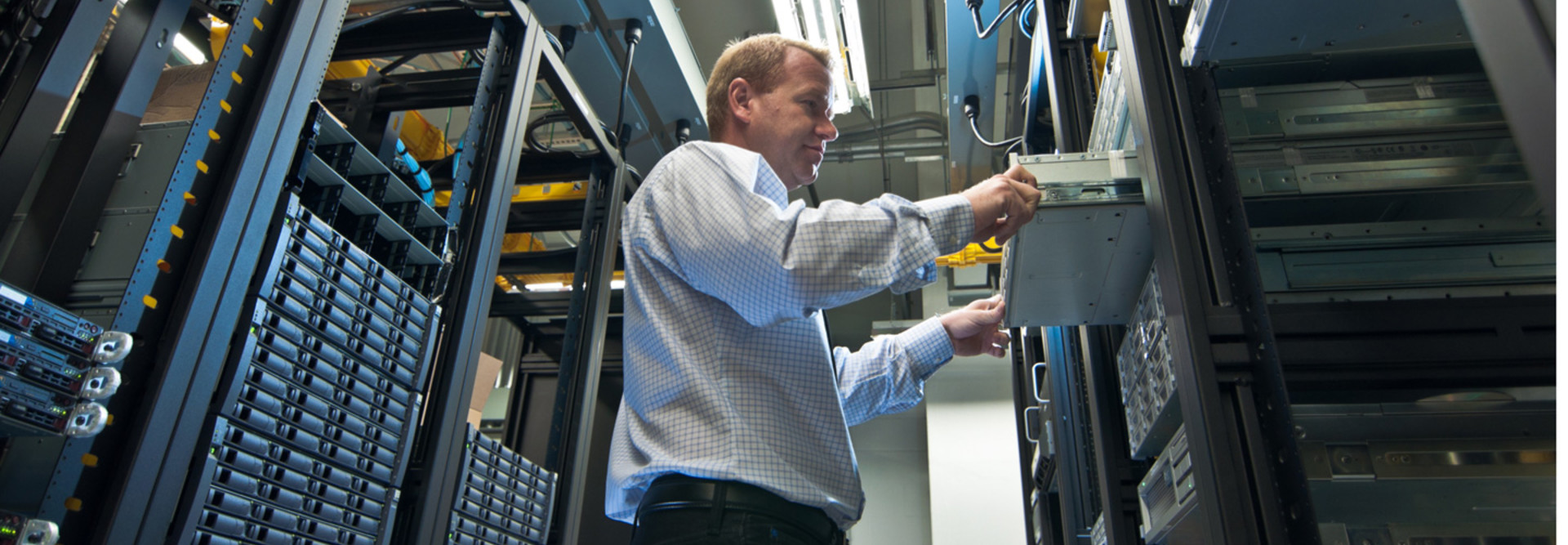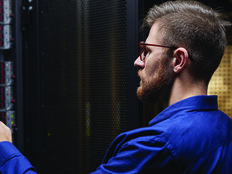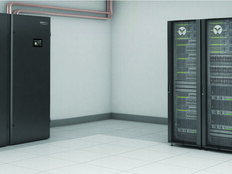NASA, Staples, eBay Commit to Reducing Energy Use by 20 Percent
The Social Security Administration (SSA), eBay and Michigan State University are among a growing number of organizations that have accepted the government’s challenge to reduce energy use by at least 20 percent over the next decade.
Through the Better Buildings Challenge, corporations, school districts and universities, housing authorities and government agencies are receiving technical assistance from the Energy Department and proven solutions for boosting energy efficiency throughout their facilities. More than 200 organizations are participating in the challenge, according to Energy, which oversees the program.
Collectively, Better Buildings Challenge partners have upgraded more than 9,000 facilities. They improved efficiency by at least 20 percent for 2,100 of those buildings and 10 percent for another 4,500 buildings. The challenge launched in February 2011. (Read some of the success stories here.)
SSA, eBay and Michigan State University are among the first challenge participants identified as data center owners and operators. “In the first year, partners will share their results, report on the associated energy and cost savings, and will also develop an energy metering plan, a showcase project and implementation model,” Energy announced in a news release.
The other challenge participants that are classified as data center owners and operators are as follows:
• Argonne National Laboratory
• CoreSite Realty Corporation
• Defense Information Systems Agency
• Digital Realty
• Environmental Molecular Sciences Laboratory
• Environmental Protection Agency
• Home Depot
• Drug Enforcement Administration
• Lawrence Berkeley National Laboratory
• Los Alamos National Laboratory
• NASA
• National Energy Research Scientific Computing Center
• National Renewable Energy Laboratory
• Schneider Electric
• Staples
• Veterans Affairs Department
In the United States alone, data centers consumed about 100 billion kilowatt-hours of electricity last year, and that number is expected to rise as more information is shared and stored online, according to Energy.
“As the Better Buildings Challenge expands, leading organizations are partnering with the department to apply energy-efficiency measures and energy management strategies that will shape the nation’s next-generation of data centers,” Energy Secretary Ernest Moniz said in a statement. “In fact, if all data centers were 20 percent more efficient, the nation could save more than 20 billion kWh [kilowatt-hour] of electricity by 2020, which would result in roughly $2 billion in cost savings.”









